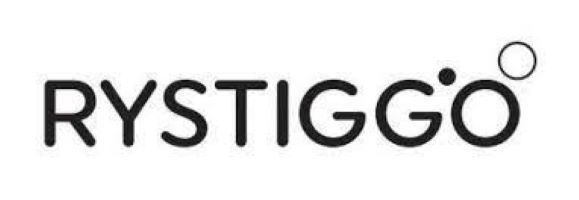Decisions on the marketing authorization for Rystiggo in the European and Japanese markets are expected in Q1 of 2024

The FDA has recently approved UCB’s subcutaneous formulation of rozanolixizumab-noli, branded as Rystiggo, for use in myasthenia gravis (MG). The approval of Rystiggo comes six months after the FDA accepted UCB’s priority review application, making it the first approved treatment for MG.
It is indicated for both anti-acetylcholine receptor (AChR) and anti-muscle-specific tyrosine kinase (MuSK) antibody positive patients diagnosed with generalised MG (gMG). The FDA provides MG patients with further treatment options, and Rystiggo will need an excellent marketing strategy in order to compete in the space, says GlobalData, a leading data and analytics company.
Decisions on the marketing authorization for Rystiggo in the European and Japanese markets are expected in Q1 of 2024. Rystiggo is expected to become commercially available in the US during Q3 of 2023.
Barbora Salcman, Neurology Analyst at GlobalData, comments: “Rystiggo is now the second neonatal Fc receptor blocker and the second subcutaneously delivered disease modifying therapy to be approved for the treatment of MG. This makes the agent a direct competitor to Argenx's Vyvgart, which is approved for intravenous (IV) and subcutaneous administration. As IV Vyvgart has been used in the US for over two years and has previously demonstrated a good safety and efficacy profile, and is held in esteem by key opinion leaders (KOLs) previously interviewed by GlobalData.”
The phase 3 MycarinG study (NCT03971422) demonstrated positive efficacy and clinically significant improvements for Rystiggo, as patients administered the drug experienced a significant improvement in the MG activities of daily living scale (MG-ADL) in comparison to baseline after 43 days from the start of the treatment (-3.4 points in Rystiggo treated group compared to -0.8 points in the placebo-treated group). A significant improvement was also observed in regard to muscle weakness, improving patients’ activities such as breathing, walking, and talking. The most frequent side effects were headaches, diarrhea and pyrexia.
However, in comparison to Vyvgart, Rystiggo has the major competitive advantage of targeting not only AChR+ patients, but also patients who are MuSK+. MuSK+ patients represent about 10% of all patients with MG and have very limited treatment options, despite the disease course often being more rapid and severe. As such, Rystiggo will be addressing a major unmet need in MG.
Salcman concludes: “The approval of Rystiggo establishes UCB as another big player in the MG space. Although the field is slowly becoming more competitive with the increased approval of disease-modifying agents in recent years, the indication is still plagued with many unmet needs. In addition to Rystiggo, UCB is seeking approval for their agent zilucoplan, a C5 complement inhibitor, which was submitted for FDA review in October 2022 and is expected to receive feedback in Q4 2023. If approved, zilucoplan could become the first C5 inhibitor to be approved for subcutaneous administration.”

Subscribe To Our Newsletter & Stay Updated